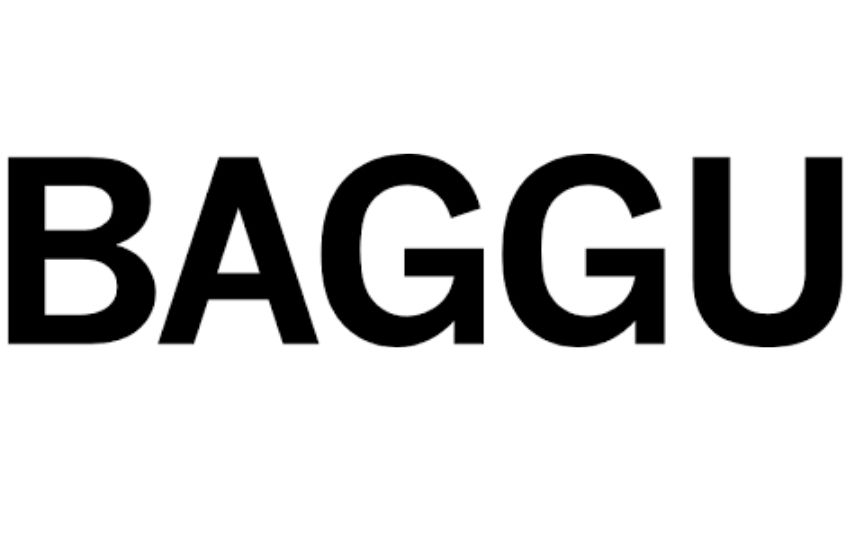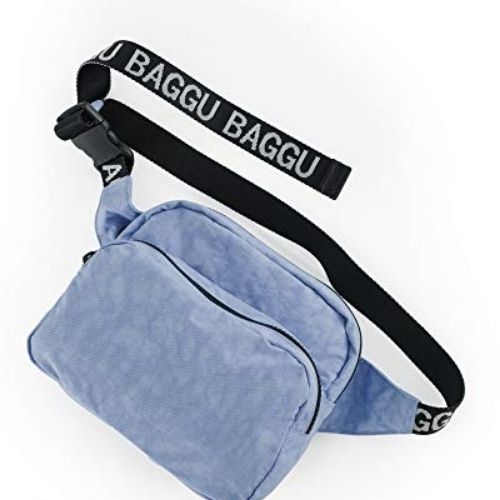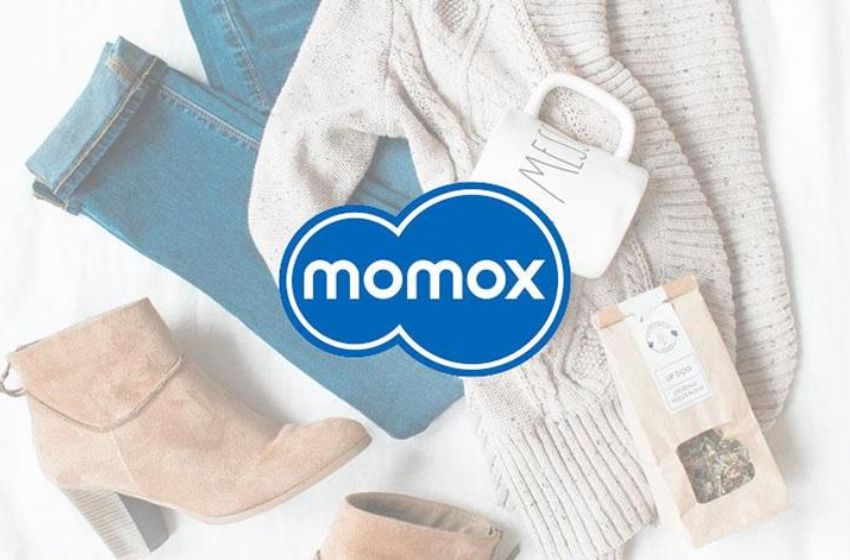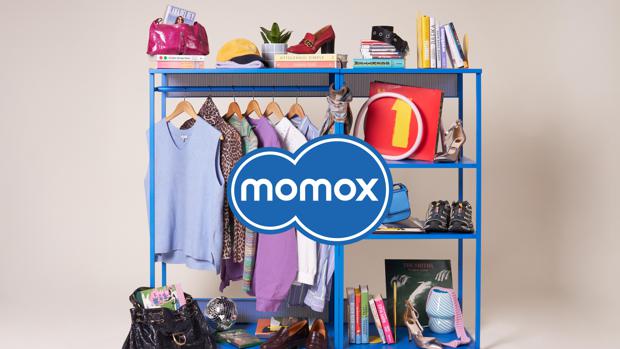

Introduction to BAGGU
BAGGU is a sustainable fashion brand that was founded in 2007 by mother-daughter duo Emily Sugihara and Joan Sugihara. The idea for the company came while Emily was studying design at Parsons School of Design and noticed the excess of plastic bags being used everywhere. She realized that there had to be a better, more sustainable solution for carrying things.
Since then, BAGGU has become known for its iconic reusable nylon bags, which have been embraced by fashion-conscious consumers all over the world.
BAGGU mission is simple yet powerful – to create high-quality products that are both functional and environmentally friendly. They believe that sustainability should not compromise style or quality, and strive to prove this with every product they make.
The BAGGU Solution: Managing Deadstock and Fabric Waste
The fashion industry has long been criticized for its detrimental impact on the environment. From excessive water usage and carbon emissions to landfill waste, the production and consumption of clothing have contributed significantly to global pollution. In recent years, there has been a growing movement towards sustainable and ethical fashion, with consumers becoming more conscious of the environmental and social implications of their clothing choices.
One brand that is at the forefront of this sustainability revolution is BAGGU. Founded in 2007 by Emily Sugihara and her mom Joan, BAGGU started as a simple shopping bag made from ripstop nylon. Today, it has expanded into a full range of bags, accessories, and even clothing – all while staying true to its core values of sustainability and responsible production.
One of the key ways that BAGGU is revolutionizing the industry is through its innovative solution for managing deadstock fabric waste. Deadstock refers to excess or leftover fabric from textile mills or garment factories that would otherwise end up in landfills. This happens when brands overestimate their fabric needs or when designs are cancelled mid-production.
How BAGGU Implements Sustainable Practices in Production
BAGGU is a leading brand in the sustainable fashion industry, known for its innovative approach towards eliminating waste and promoting ethical production methods. In this section, we will explore how BAGGU implements sustainable practices in its production process.
1. Use of Recycled Materials: One of the key ways that BAGGU promotes sustainability is by using recycled materials in its products. The brand has been using recycled nylon, canvas, and leather to create their bags since 2018. This helps to reduce the amount of waste produced by the fashion industry and also decreases the demand for new materials to be extracted from the earth.
2. Zero Waste Pattern Cutting: BAGGU employs a zero-waste pattern cutting technique where every piece of fabric is utilized efficiently without any wastage. This means that there is no excess fabric left over after each product is cut, reducing landfill waste significantly. This method requires skilled craftsmanship and attention to detail but helps to minimize their environmental impact.
Impact on the Fashion Industry and Consumer Behavior
The fashion industry has a major impact on the environment, with its production processes and consumer behavior contributing to huge amounts of waste. The rise of fast fashion, where trends change rapidly and clothing is produced at an alarming rate, has only worsened this issue. However, BAGGU is leading the way in revolutionizing the fashion industry by promoting sustainability and eliminating waste.
In addition to using recycled materials, BAGGU also focuses on creating long-lasting products that are designed to be reused and repurposed. Their signature reusable bags are made from durable ripstop nylon and have a lifespan of over 10 years. This approach challenges the fast fashion model where clothes are often worn once or twice before being discarded.
Conclusion
BAGGU commitment to sustainability and their innovative approach to reducing waste in the fashion industry is truly commendable. By using recycled materials, implementing a circular production model, and promoting conscious consumerism, they are setting an example for other brands to follow. It is clear that sustainable fashion is not just a trend, but a necessary step towards creating a better future for our planet. With companies like BAGGU leading the way, we can all make small changes in our shopping habits and support environmentally responsible practices in the fashion industry. Let us all join hands in this movement towards a more sustainable future.



